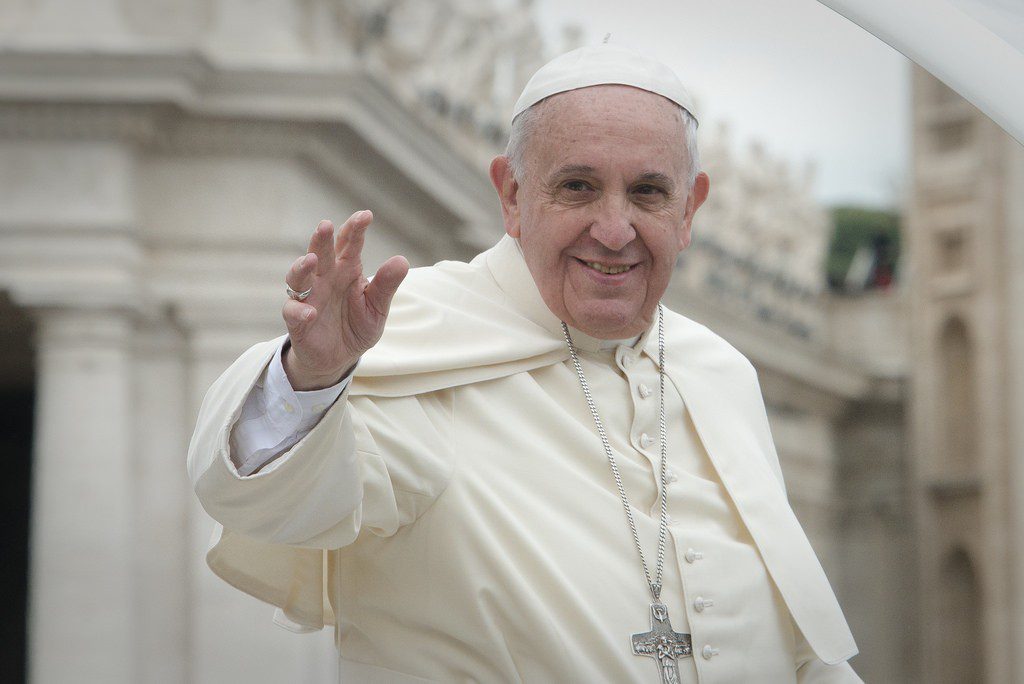
It’s a quiet weekend so I pulled out a book I had picked up at the library, Unbelievable, Why Neither Ancient Creeds Nor the Reformation Can Produce a Living Faith Today, by John Shelby Spong.
Yes, that Spong, who is still writing at the age of 87, though in the introduction he says it’s his last book because of a stroke. I started to read the book, then concluded that hate-reading isn’t a particularly good use of my time, so I wanted to briefly reflect on a few of the things he says in the first few chapters, and in my skim of the rest.
His general theme for the duration of his career has been a rejection of Christian belief. While I haven’t read other things he’s written, he’s pretty unrelenting here: it’s not just a matter of what he believes, but he writes that traditional Christian beliefs, even the very idea of a “miracle” or some sort of supernatural intervention in the world, is patently unbelievable. No one believes this anymore, he says, not anyone who’s got half a brain, and if a seemingly-educated and intelligent person tells you otherwise, say, a minister in a mainline denomination, they’re lying.
But he still claims to be a Christian, and to believe in “Christianity” as he defines it for himself. What’s it mean? It’s his version of the sort of Jesus-ism that we’ve seen before, that Jesus, if properly understood and shorn of supernaturalism, was the Great Role Model.
And the rest of his creed is this: God is the Source of Life and the Source of Love. I am not certain if he believes there is a transcendent supernatural “something” or if it is merely that God is the sum of all those experiences in which we feel and experience something transcendent, whatever it is. He proclaims that, whatever God is, he has “experienced God.” And what we are all called to do is to be on a mission of self-improvement, “to be all that I can be” and to “transform the world” into a better place.
But the argument of the book is not merely, “this is what I believe; come believe it with me,” but rather “if Christianity wants to live on as a religion, it must adapt and preach according to my prescription.” The next generation simply will not believe anything else, but is still seeking:
there was, and I suspect continues to be, a yearning for a meaningful religious experience or, at least to have one’s life enhanced by something beyond itself. (p. 5)
So his prescription is that, however much Christianity might have had as its original purpose the conversion of souls, it can find a new lease on life, much like the March of Dimes moving on from polio to birth defects, by switching to a goal of helping people find meaning and purpose.
Which, on the one hand, seems awfully cynical, yet also pretty much in line with all those insisting that because people don’t believe in, say, traditional Christian sexual ethics, we have to abandon them.
And I’m not particularly sure that this works. It seems too circular: your purpose in life is to have a purpose. What’s more, I didn’t really see what he means by a “transcendent” experience, whether he was speaking of something literally divine/supernatural, or whether he was speaking of experiences which feel transcendent. Is he thinking of meditation? Of New Age-y chanting or Buddhist prayer wheels? Being awed by the sight spread out in front of you when you climb to a mountain summit? Or of those circumstances in which you get a little teary-eyed witnessing some act of great love or charity? He seems to be elevating a by-product of religious worship into something sought-out for its own sake, and, it seems to me, it doesn’t work that way — that you can’t just will yourself into feeling something transcendent, that you can’t convincingly tell people, “Christianity is all about becoming a better person” without having some why other than just a “because.” Of course, Spong says he has had transcendent experiences even though his beliefs about God are so nebulous but he doesn’t quantify what his personal experiences have been or why we should be all about self-improvement and helping others except that, being steeped in Christianity, it just seems intuitively obvious to him.
Beyond which — if our goal is merely to engage in self-improvement and actions to help others, why would we need a church structure to do so? And if we look at Jesus purely as a role model and teacher, well, then, surely he’s just one of many, no?
Image: Is this transcendence?
https://pixabay.com/en/grand-canyon-usa-national-park-1235221/
















